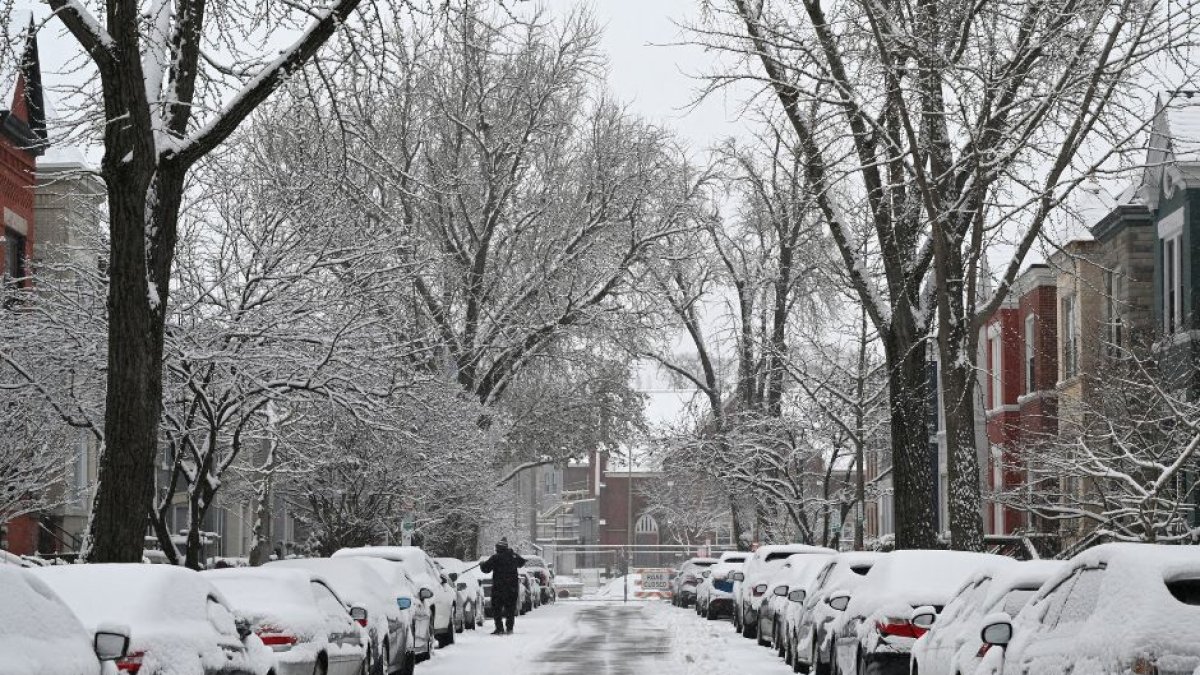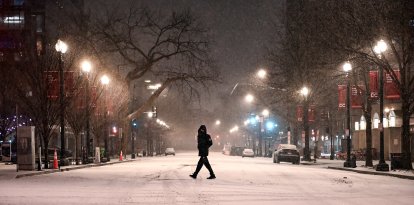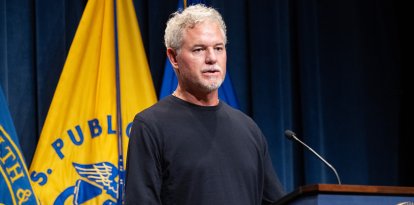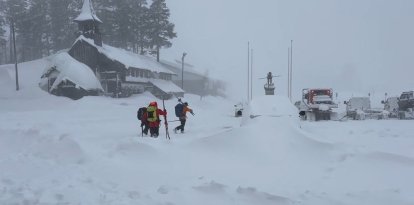100 million people on alert due to the winter storm
The National Weather Service assures that the meteorological phenomenon will bring heavy snowfall and sub-zero temperatures.

(Eva Hambach / AFP)
More than 100 million people across the United States are under winter storm alerts. The National Weather Service confirmed that the natural phenomenon, which has been affecting the country since the beginning of this week, will bring heavy snowfall and sub-zero temperatures to people living between Iowa and New Jersey:
Snowfall could occur in some regions of the central Appalachians and parts of the northern Mid-Atlantic. Snowfall is also forecast in cities such as New York, Washington DC and Philadelphia. AccuWeather's senior meteorologist, Brett Anderson, explained what to expect:
Oregon, the state most affected by the winter storm
FlightAware reported that a total of 843 flights were canceled across the country and another 2,605 suffered delays. In Oregon, Poweroutage.us reported, as of 9:27 a.m. (EST) on Friday, a total of 109,454 people reported being without power. The state's governor, Tina Kotek, declared a state of emergency due to poor weather conditions:
The problems don't end there. People are asked to remain cautious. The storm brought traffic to a standstill and caused several schools in Tennessee, Ohio, Virginia, New York and New Jersey to close this Friday. Some will offer online classes.
Florida warns of possible "falling iguanas"
The situation has become so concerning that several meteorologists warned that low temperatures could bring an unexpected consequence in Florida: "Falling iguanas." This phenomenon occurs when these cold-blooded reptiles become stunned due to low temperatures and fall from the trees onto the ground. WINX News chief meteorologist Matt Devitt said:

























